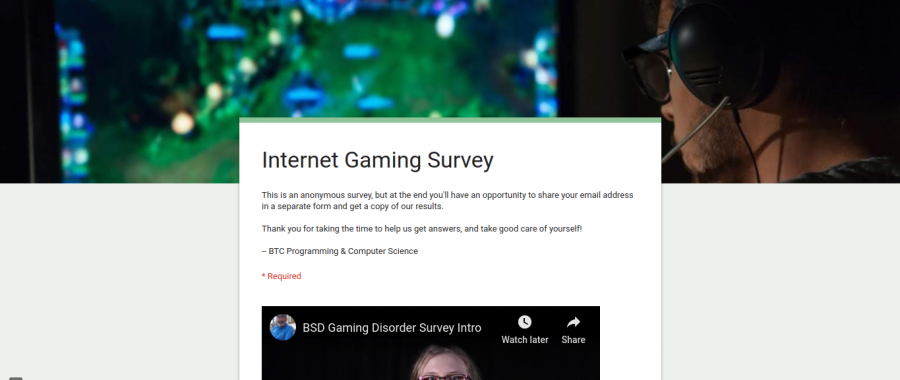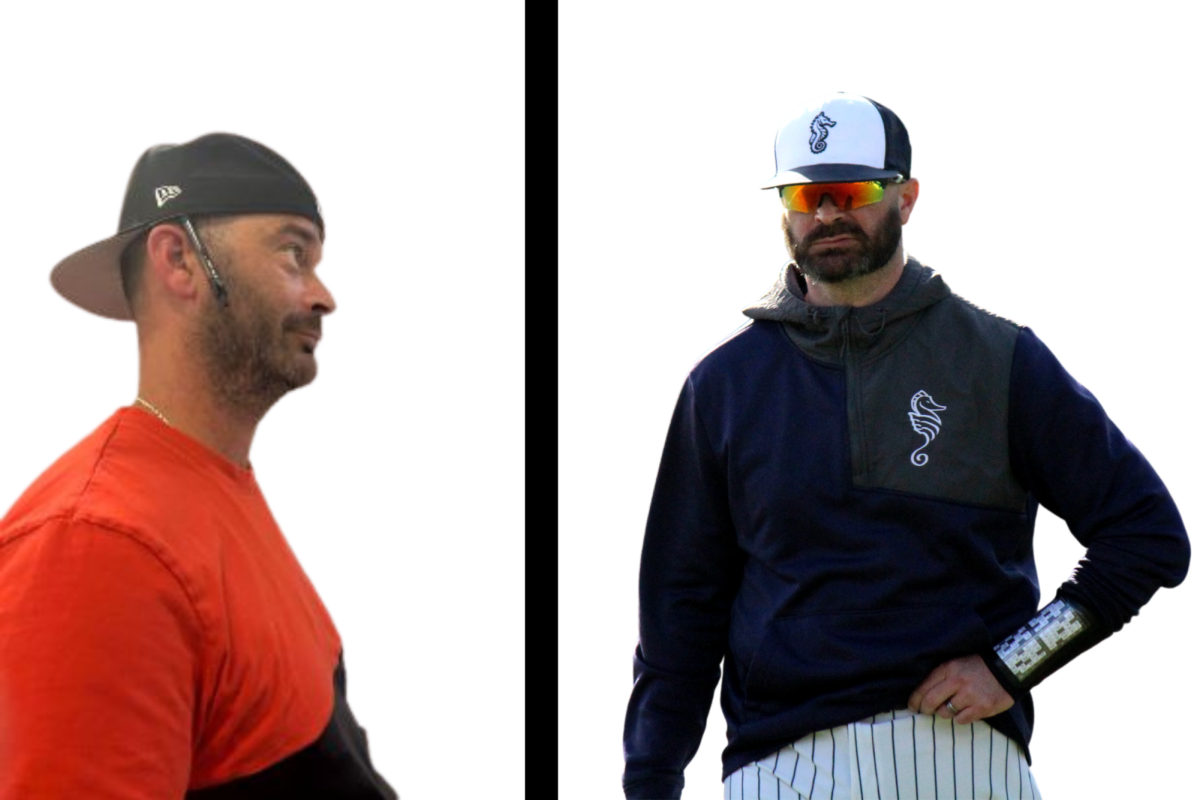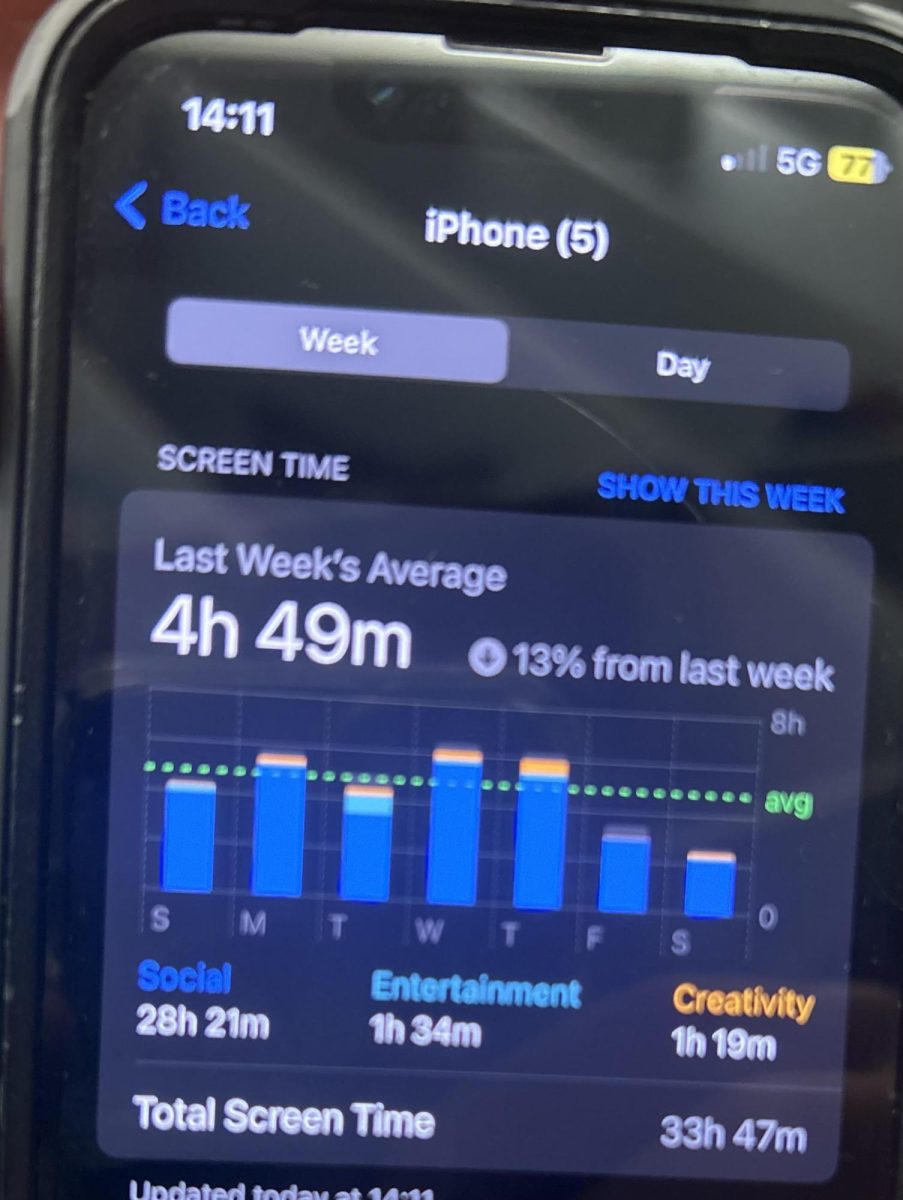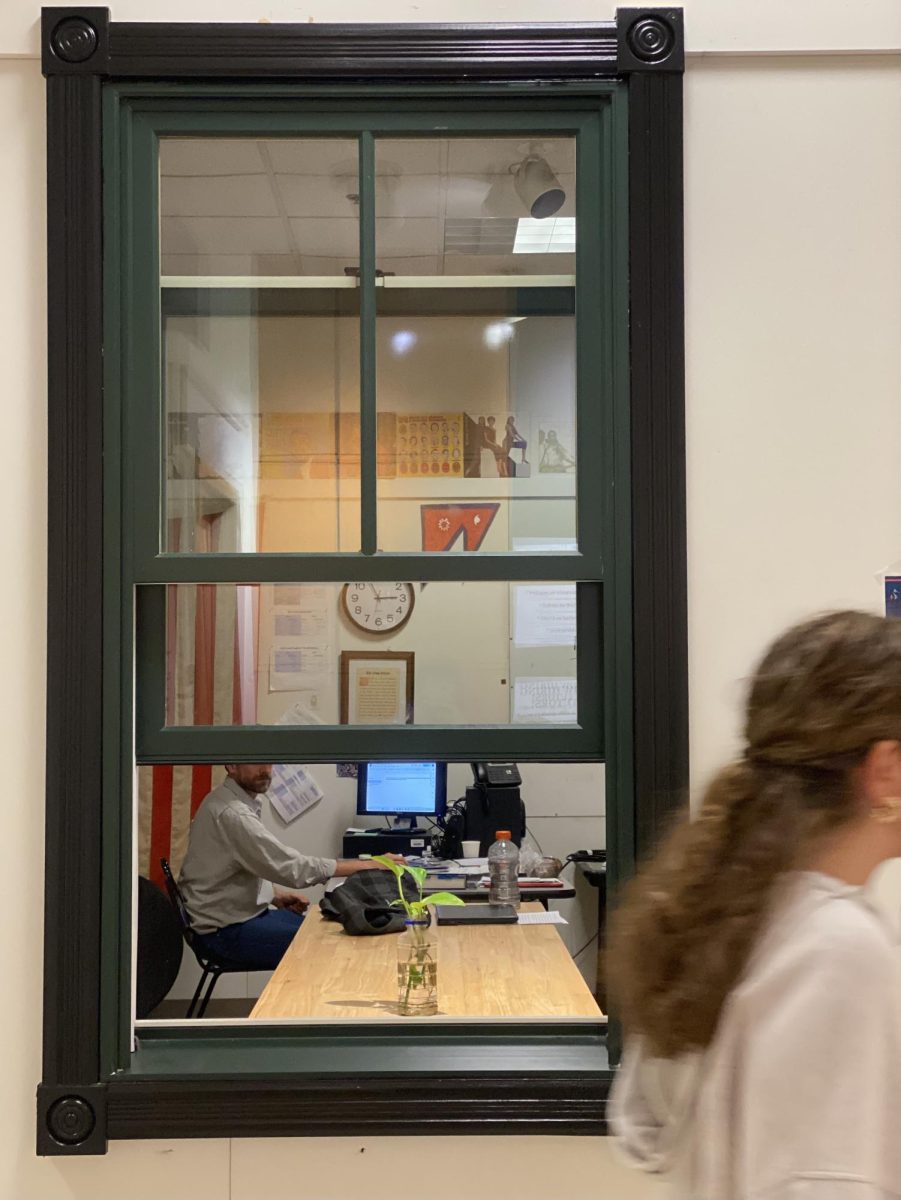In computer science, a BTC class instructed by Bram Moreinis, a group of four students, Josiah McSweeny, Maxwell Novak, Andrew Dutil, and Galloway Moris, are working on an internet survey that will to gauge the effects of internet gaming disorder.
“We got an article- it wasn’t an assigned article- but it was really interesting and about internet gaming disorder.” Josiah McSweeny, the group’s project manager, said, “It showed a lot of the effects and that it wasn’t necessarily an addiction on its own. That it ends up being intensified by other underlying problems.”
The article to which McSweeny refers is “Can You Really Be Addicted to Video Games?” by Ferris Jabr and published by The New York Times on October 22nd. It tells the story of Charlie Bracke, a college student who suffered from internet gaming addiction. This addiction resulted in him failing out of college, losing friends, and coming close to suicide. Charlie’s family struggled to find a program that could properly address his addiction to internet gaming. This was simply because having an addiction to internet gaming wasn’t as seriously considered as an addiction to food, alcohol, or drugs. Things are changing though and the internet gaming disorder is now being viewed as a valid health concern.
“There are symptoms of ‘you’re playing too many video games’ but then there are symptoms of internet addiction as defined by the World Health Organization.” Moreinis said, “If you’re putting in four hours of gaming every day, that’s time you’re not spending doing things that could be helpful for you. It’s an addiction if you miss school or you miss work or you’re not bathing. Those are the kind of things that are being flagged as signs of addiction.”
The form, which will be posted publically but answered anonymously, will ask about the number of hours that the recipient plays video games per day. Because hours aren’t necessarily a determining factor for Internet gaming disorder, the survey will also ask questions based on how those hours affect student priorities and normal functions.
“The form will ask if people are forgoing their basic needs to sleep, eat, or drink to play video games which is a sign of video game addiction,.” Max Novak, a junior at BHS, said.
After taking part in the survey, participants will have the ability to view the raw, unanalyzed data. They can then submit their email addresses if they wish to be updated after the group analyzes the collected data. Team members Dutil and Moris are even working on creating connections with video game developers to provide in-game incentives for users to take the survey.
Moreinis hopes that the survey will raise awareness by helping recipients reflect on their internet usage.
“It’s an opportunity for people who are taking the survey to assess how at risk they are.” Moreninis said, “If the person taking the survey doesn’t have any kind of a problem, they can take the survey on behalf of maybe family or a friend and then maybe communicate to that person that they have a concern”
To access and submit responses to the survey, click here.










